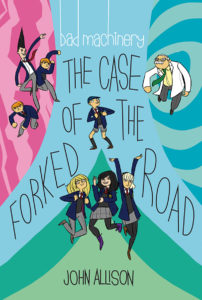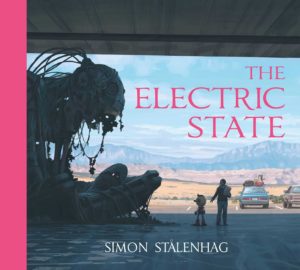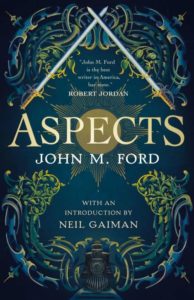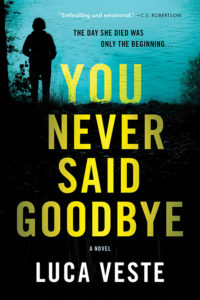According to Goodreads, I read 299 books in 2022, 6 short of my record the year before. The pandemic definitely helped me find more time to read than in years prior, tho 2022 was more difficult because I actually got sick, from COVID-19 itself in May, then with whatever obnoxious unnumbered viruses the kids brought back from in-person school once that started up again in September. I also 100% overcommitted to books for work, and need to learn to take it easy in 2023. Yes, I can read 5+ books a week, but that doesn’t mean that I need to or should, and with two successfully launched, run and completed Kickstarter campaigns for original roleplaying games eating up a huge amount of my time — from creation through fulfilment — on top of the usual business of running a household… well, this year I actually needed the two-week vacation the publishing industry typically takes at the end of December.
 I also enjoyed several other nice industry perks, tho some had as much to do with roleplaying as with publishing. I got to go to the American Librarian Association’s Annual Conference as a contractor for Wizards Of The Coast, teaching librarians how to play Dungeons & Dragons while schmoozing with publishing industry contacts and picking up way, way too many free books and swag. I also got to attend the Kensington Cozy Club MiniCon and meet some of my favorite/most covered authors, again picking up a bunch of books and free swag. I feel that my familiarity with the industry also gave me a leg up in my efforts to independently publish my first two roleplaying books, to a modest profit (assuming I don’t pay myself a fair wage, lol.) Over here on The Frumious Consortium, I also branched out into reviewing games, puzzles and Tarot decks, all of which I greatly enjoyed covering.
I also enjoyed several other nice industry perks, tho some had as much to do with roleplaying as with publishing. I got to go to the American Librarian Association’s Annual Conference as a contractor for Wizards Of The Coast, teaching librarians how to play Dungeons & Dragons while schmoozing with publishing industry contacts and picking up way, way too many free books and swag. I also got to attend the Kensington Cozy Club MiniCon and meet some of my favorite/most covered authors, again picking up a bunch of books and free swag. I feel that my familiarity with the industry also gave me a leg up in my efforts to independently publish my first two roleplaying books, to a modest profit (assuming I don’t pay myself a fair wage, lol.) Over here on The Frumious Consortium, I also branched out into reviewing games, puzzles and Tarot decks, all of which I greatly enjoyed covering.
But the downside of this year was that I simply didn’t fall in love with as many books as in years previous. I don’t know if it was because of the more indiscriminate nature of my review selections, but I only really loved 26 books this year, down from the 48 I adored the year before.
Like Doug, I really loved Ryka Aoki’s Light From Uncommon Stars, which gains an honorable mention. As with years prior, however, I will only choose my Year’s Top 12 from books that were actually published in 2022. Selections under the fold, by date of publication:








